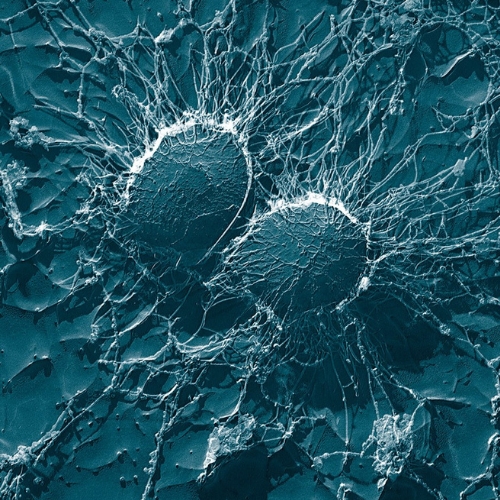Key points from article :
Gut microbiome importance in the human aging process is unclear.
Distinct signatures in the gut microbiome predict survival in older individuals.
Analyzed gut microbiome, phenotypic and clinical data from over 9,000 people between the ages of 18 and 101 years old.
Gut microbiomes became increasingly unique as individuals aged, starting in mid-to-late adulthood.
Correlated with several microbially-derived metabolites in blood plasma, including tryptophan-derived indole.
Phenylacetylglutamine showed the strongest association and is indeed highly elevated in the blood of centenarians.
"Microbiome changes may not simply be diagnostic of aging, but also contribute to health as we age," Tomasz Wilmanski, Lead author.
"...will have major clinical implications for monitoring and modifying gut microbiome health throughout a person's life," - Nathan Price, co-author of the paper.
Research by ISB published in the journal Nature Metabolism.






